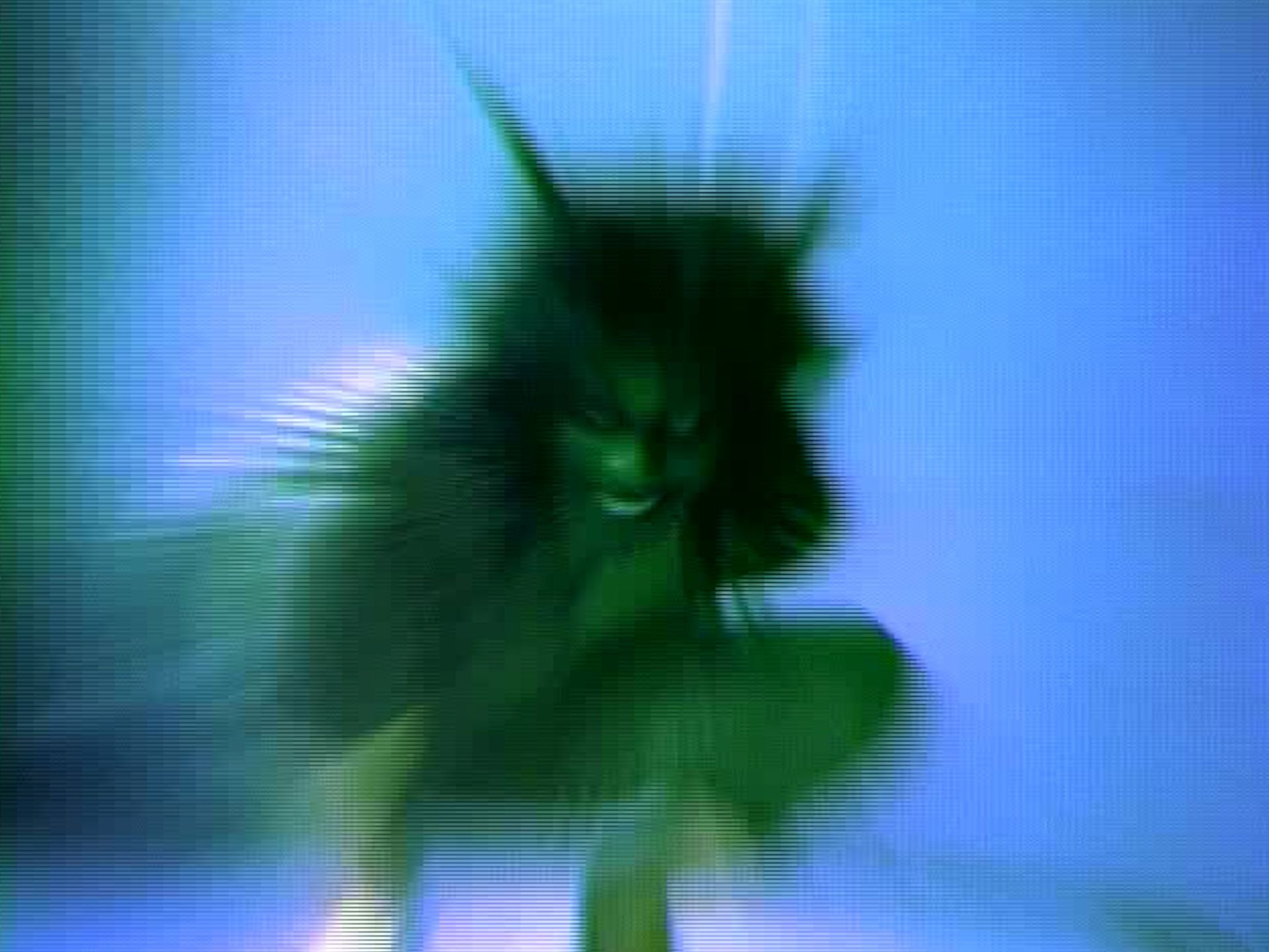Cacophonous rhythms; anger extemporised as tonal variation; vocals that purposefully languish in dissonance; and textures arranged like a tumultuous love affair with corresponding phrases create a jarring experience through Yves Tumour’s third LP and his debut on Warp records, “Safe in the Hands of Love”. It’s a sardonic musical expression of being safe and loved as noise, dissonance and amorphous shapes, are channeled through a vanguardist purview over the 10 tracks that make up this LP.
Yves Tumour whose real name is Sean Bowie makes music that Pitchfork has compared to James Ferraro and Dean Blunt, lying somewhere between obscure electronica and the alternopop that those artists pursue. After making his mark as an artist while working with Mykki Blanco, Bowie assumed the Yves Tumour alias in 2016, channeling elements of jazz, electronica, noise, broken beat and pop into wayward music that has featured on record labels like PAN.
“Safe in the hands of Love” finds the artist on the aptly positioned Warp platform with an LP that is really different from anything the label has released in recent years. There’s an organic aspect to the sounds of the record that adds a very visceral dimension with melodies and harmonies that evoke anything from love, to violence, fear and anger across the record. At its most serene tracks like “Recognizing the Enemy” and “Lifetime” provide some repose between the more dramatic parts of the record contained on songs like “Hope In Suffering” and “Economy of freedom.”
At times there’s a sense of joviality that seeps into the record like on the single “Noid” or “All the love we have now,” but even those upbeat tracks are clouded in an aura of something sinister as white noise drifts through the arrangements and Yves Tumour’s detuned vocals appear through the progressions in a veiled sonic fog that mystifies and intrigues, drawing the listener into the middle of the magnificently orchestrated accompaniment.
“Safe in the Hands of Love” compromises between the edge of leftfield electronica and popular music to find some disharmonious relationship between these elements that very much work in Yves Tumour’s favour. There’s a enough weirdness contained on the record to lure in the more adventurous fan without completely disenfranchising those in search of an evocative melody or lyrical earworm. It’s a record that possibly more accessible than anything he’s released before and bridges that indefinable gap where artists like Laurie Anderson, David Bowie and Bjørk have walked before.

